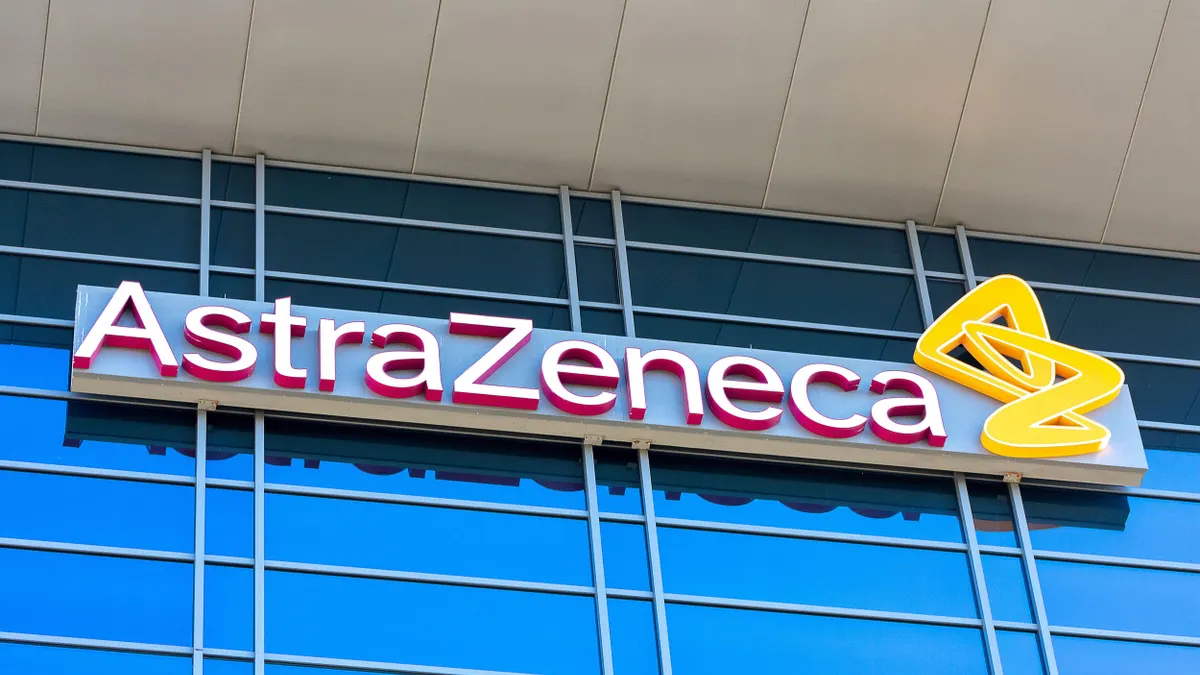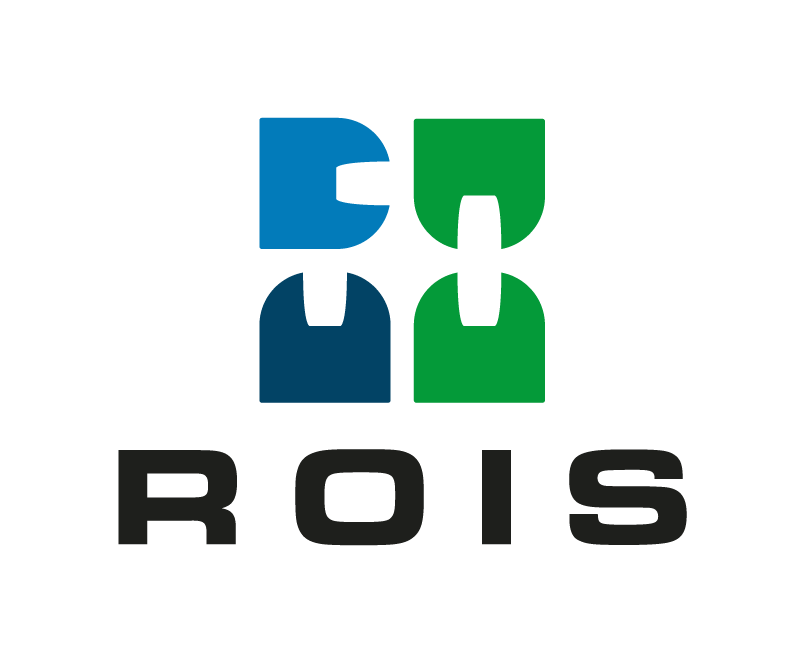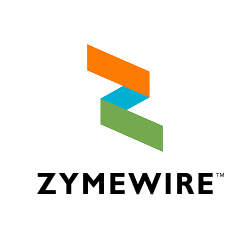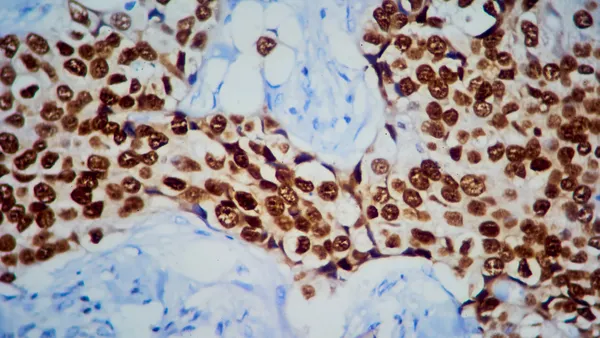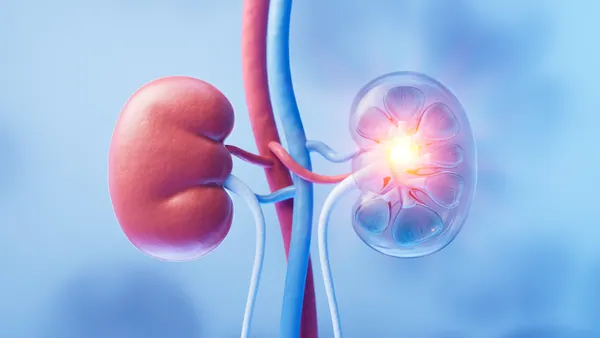AstraZeneca and Daiichi Sankyo’s cancer drug Datroway has succeeded in a late-stage trial in an aggressive, tough-to-treat type of breast tumor, the companies said Monday.
According to a statement, the therapy, a type of targeted medicine known as an antibody-drug conjugate, slowed tumor progression and extended survival when compared to standard chemotherapy in triple-negative breast cancers. Patients in the Phase 3 trial were ineligible for a commonly used immunotherapy. Their tumors were either metastatic or locally recurrent and inoperable.
AstraZeneca and Daiichi didn’t provide specifics, but said that Datroway treatment was associated with a “statistically significant and clinically meaningful” improvement on both measures, and its effects on holding tumors in check were “highly” significant. The partners added that the findings marked the first time a survival benefit was observed compared to chemotherapy in people unable to receive immunotherapy.
Ken Takeshita, Daiichi’s global head of research and development, said these "landmark" results have further encouraged the companies to continue advancing Datroway programs for triple-negative breast cancer and other tumor types. Details from the study will be shared at a future medical meeting and submitted to global health regulators “as soon as possible,” the companies said.
Datroway is one of several ADCs AstraZeneca and Daiichi are developing in the hopes of supplanting chemotherapy in many tumor types. The drug is designed to seek out a protein called TROP2 that’s overexpressed in multiple cancers.
AstraZeneca and Daiichi have had high hopes for Datroway following the clinical and commercial success of Enhertu, another ADC they co-developed and that’s helped change the way certain breast cancers are treated. But Datroway’s benefits have so far been less clear, leading to a narrower-than-expected approval in lung cancer and lower commercial expectations in a common type of advanced breast tumor.
In triple-negative tumors, Datroway could face competition from Gilead’s Trodelvy, another antibody-drug conjugate that targets TROP2. Earlier this year, Gilead said Trodelvy held tumors in check longer than chemotherapy in a trial also involving people ineligible for immunotherapy. Gilead, though, said at the time that the study hadn’t been run long enough to detect a survival benefit.
According to AstraZeneca, about 70% of people with triple-negative breast cancers can’t receive immunotherapy, leaving chemotherapy as the first-line standard of care. “We expect today’s results will mark an inflection point in the treatment of these patients who have the poorest prognosis of any type of breast cancer and urgently need better options,” said Susan Galbraith, who leads AstraZeneca’s cancer and blood disease R&D, in the statement.
AstraZeneca shares rose by over 1% in Monday morning trading, while Daiichi shares climbed about 4%.



